IEBC Faces Legal Storm Over November By-Elections Timing
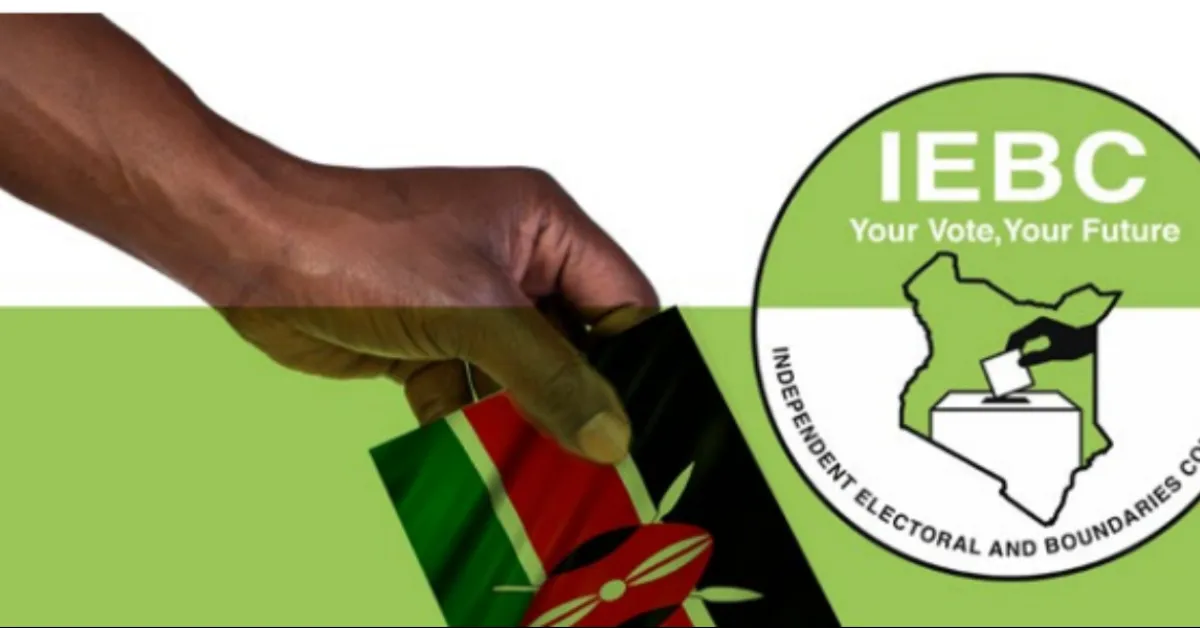
The Independent Electoral and Boundaries Commission (IEBC) finds itself embroiled in a controversy over the scheduling of upcoming by-elections.
The decision to hold polls in 24 constituencies on 27 November 2025 has ignited a fierce debate, with legal challenges mounting and political factions jostling for position ahead of the crucial contests. Whilst the focus is currently limited to a small area, the fallout could dictate the political narrative going into the 2027 General Election.
The core of the dispute rests on the interpretation of constitutional timelines. Critics argue that the IEBC's chosen date contravenes Article 101(4)(b) of the Constitution, which mandates that by-elections should occur within 90 days of a declared vacancy.
The only exception to this rule, they say, is when a vacancy arises within three months of a General Election. The IEBC, for their part, insists that their timetable remains within the bounds of the law, citing procedural complications and the need for a 'reset' of the electoral clock after the issuance of fresh writs.
The bone of contention is a Gazette notice released on 8 August 2025, where the IEBC formally declared the election date. A subsequent notice on 11 August affirmed that the relevant Speakers had declared the seats vacant, effectively triggering the constitutional countdown.
A simple calculation reveals that the time between 8 August and 27 November exceeds the stipulated 90-day limit by more than two weeks. Senator Edwin Sifuna of Nairobi has emerged as a leading voice in the opposition to the IEBC's plans. He accuses the commission of 'openly flouting the Constitution' and argues that this sets a dangerous precedent for future elections.
"The law is clear," he said. "A by-election must be held within 90 days of a vacancy, starting from when the writ is issued. This commission has started badly."
The IEBC's defence hinges on what it terms 'extraordinary circumstances' surrounding its operational capacity. The expiry of the previous commissioners' mandate in January 2023 left the commission functionally inert for over a year. Numerous vacancies arose during this period, but the absence of commissioners meant that the original instructions lapsed before any action could be taken.
The commission now contends that the issuance of new writs in August 2025 effectively resets the timeline, allowing for a fresh 90-day window. The lack of clarity from within the IEBC has only amplified the sense of unease. Chairman Erastus Ethekon has offered minimal commentary, merely stating that he does not anticipate legal obstacles. Requests for clarification from the commission's legal team remain unanswered, leading to widespread speculation and concern.
The by-elections are of particular importance to the affected constituencies, which span a diverse range of regions. These areas have been without elected representation for a considerable time, and the polls are seen as crucial for restoring democratic accountability. The political ramifications extend far beyond these local areas. For President William Ruto's administration, a strong showing would consolidate his power and demonstrate the strength of his broad-based coalition.
A success would undoubtedly reinforce his political momentum as he moves towards the 2027 race. Conversely, opposition leaders see these contests as an opportunity to challenge the government's narrative and galvanise public support.
The legal uncertainty surrounding the election date threatens to overshadow these political calculations. Former Attorney-General Justin Muturi has described the IEBC's decision as 'shocking,' stressing that constitutional timelines are non-negotiable.
However, opinions within the legal fraternity are divided. Some legal experts argue that the IEBC is now obliged to act within a 'reasonable time', given the delays.
Other legal minds have gone further, suggesting that the IEBC's actions could be part of a broader agenda to frustrate parliamentary recalls and test the limits of legal compliance. Makueni Governor Mutula Kilonzo Jnr warns that even minor deviations from constitutional timelines could have far-reaching consequences.
The IEBC's failure to seek a formal legal opinion from the Attorney-General has also drawn criticism. Lawyer David Ochami argues that the commission should have publicly explained its timeline calculations to ensure transparency and avoid suspicion.


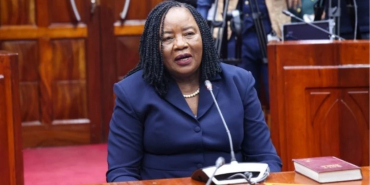
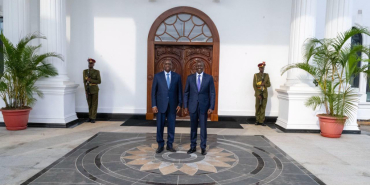


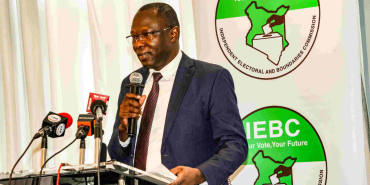

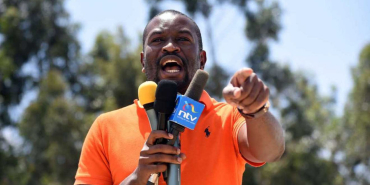
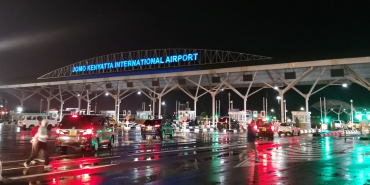

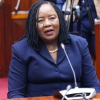
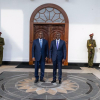

Add new comment